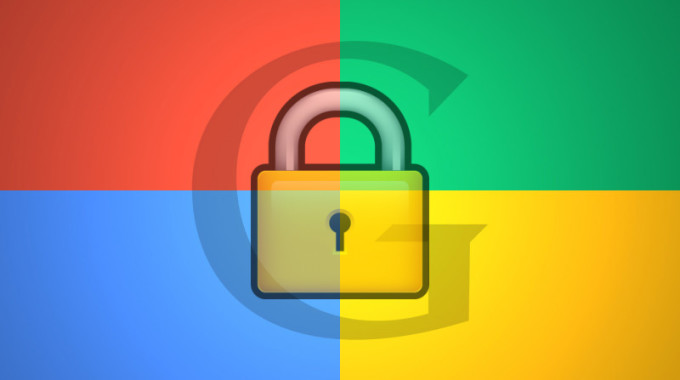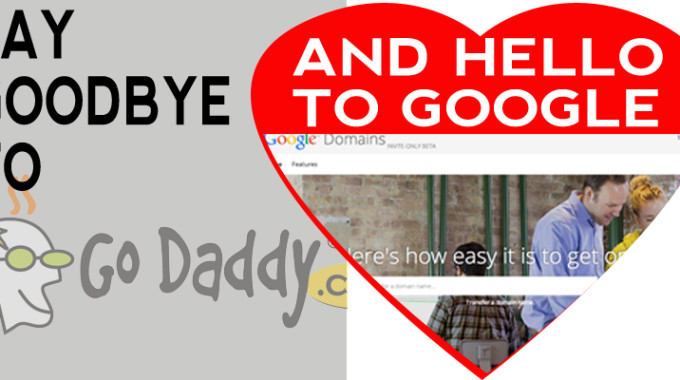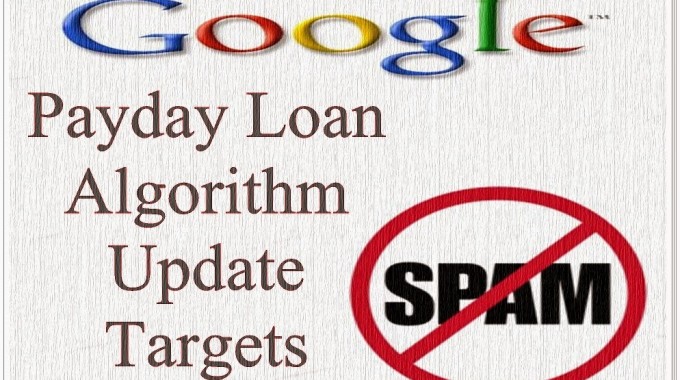Why Google Recommend Websites to Switch Over to HTTPS in 2015
It was in 2014 when Google made a surprise announcement to all webmasters and SEOs that they are considering HTTPS as a ranking signal and will be included in their future algorithm updates. According to the official Webmaster Central Blog, Google has been witnessing positive results, so they started to use HTTPS as a ranking signal. At first, Google considered it as a low-intensity signal which impact less than one percent of worldwide search queries, and carrying less weight than other signals such as high-quality content.
But over time, Google decided to strengthen it, because they would like to encourage all webmasters to switch from HTTP to HTTPS to keep them safe on the web. Obviously, when the search engine giant makes changes like this, search marketers and webmasters need to pay attention. Here are the main reasons why Google encouraging website owners to switch over to HTTPS.
Security is a Must for Google
We know that Google gives more importance to user experience and the support for HTTPS encryption shows the company also gives importance to security. The ‘S’ at the end of the HTTPS stands for “secure” which means that the server is using an SSL/TLS (Transport Layer Security/Secure Sockets Layer) over the top of the traditional hypertext transfer protocol. The addition of this layer of security means that all data transferred during a given session are encrypted. It is difficult for hackers and other tech-savvy miscreants to steal information in such transfers. It gives users the assurance to use their credit/debit card, fill out informational forms online, or send confidential emails.
In other word, it is all about security, and many site owners and SEOs complain over the tight security. Problems like this make it harder for search marketers to extract data that they use to enhance the search visibility of websites. For instance, Google’s stance on the results (Not Provided) in the Google Analytics tool sent web marketers into turmoil. This was just one of the early indications that Google was moving towards a more secure online search experience its users.
Ranking Web Sites with HTTPS Encryption
This is the most obvious takeaway, and is worth repeating, Web sites enabled with HTTPS encryption will assume all other things as equal, will rank higher in Google SERPs. It is hard to know exactly how this trend appears currently, but SEOS see suggestions of it in the search results. For example, if you search for “conversion optimization software” you will see that in the top two organic results, the websites are approximately equal in authority and page-specific link-backs. The website in the second position shows a domain authority of 69, and the site in the first position of search results has HTTPS in place, while the second site does not. From this we can safely assume that secure websites will start to outrank unsecured ones in Google search results, in the coming days.
User Behavior can Make an Impact on Site Rankings
Another way in which Google influences the search result pages and users is by indicating which websites are secure and which aren’t. Google provides this information directly in each search result entry, and any website with a secure protocol layer has https:// in the URL line. Web sites without the HTTPS encryption do not have the http:// preceding the URL line. For SERPs this isn’t a huge deal, but when it comes to security-conscious users, however it does make a difference. You need to note that Google uses two user-based signals dwell time and click-throughs in its search algorithm updates. By sharing with the user which websites that are secure and that aren’t, Google is showing users, which websites that they might prefer to click-through and dwell on. Your site’s rankings will improve when there is a better activity on these two factors.
Testing Your Site’s SSL Configuration
Google is encouraging websites to use the SSL server test from Qualys SSL Labs to verify your website’s SSL configuration. You can enter your site’s domain or any other site’s domain, and get results in just a couple of minutes. In that test even if your website scored a ‘C’ grade or above, then your site is doing fine.
Web sites of many multinational enterprises such as Facebook, Amazon, Apple, Oracle and others, have already switched over to HTTPS, and there are enterprises in the small and local business category that have already started the transition to get better safety and better search engine visibility.




